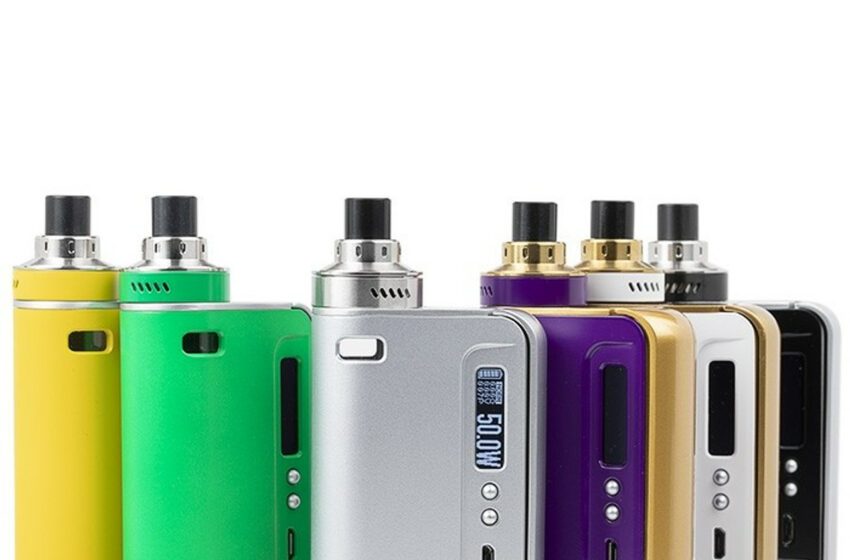
The U.S. Food and Drug Administration issued marketing denial orders (MDOs) to Shenzhen IVPS Technology Co., Ltd for 22 SMOK vaping hardware products.
The denied products include devices, pods, atomizers, and cartridges. It’s the first time the agency has denied strictly hardware products from one company en mass.
The products were denied because they were submitted without a specific e-liquid to be used with the devices, according to the FDA. “The denied SMOK e-cigarette products are not sold with an e-liquid. A consumer instead adds their separately purchased e-liquid into the device,” the agency wrote. “Therefore, these SMOK products have the potential to be used with any e-liquid on the market and available to the consumer, which could include tobacco-flavored and non-tobacco-flavored e-liquids.”
The products receiving MODOs include:
- SMOK OSUB ONE Device
- SMOK OSUB ONE RPM Cartridge
- SMOK RPM DC 0.8 Ω MTL Atomizer
- SMOK OSUB ONE RPM Cartridge 3 Pack
- SMOK RPM DC 0.8 Ω MTL Atomizer 5 Pack
- SMOK Nfix Device
- Nfix DC 0.8 Ω MTL Pod
- SMOK POZZ Device
- SMOK POZZ DC 0.8 Ω Pod
- SMOK RPM 40 Device
- SMOK RPM Empty Standard Cartridge
- SMOK RPM Empty Nord Cartridge
- SMOK RPM Mesh 0.4 Ω Atomizer
- SMOK Nord DC 0.8 Ω MTL Atomizer
- SMOK SCAR-P3 Device
- SMOK SCAR-P3 Empty RPM 2 Cartridge
- SMOK SCAR-P3 Empty RPM Cartridge
- SMOK PRM 2 Mesh 0.16 Ω Atomizer
- SMOK RPM Mesh 0.4 Ω Atomizer
- SMOK Nord 2 Device
- SMOK Nord 2 RPM Cartridge
- SMOK Nord 2 Nord Cartridge
After reviewing the company’s PMTAs, the FDA determined that the applications lacked sufficient evidence to demonstrate that permitting the marketing of the products would be appropriate for the protection of public health, which is the standard legally required by the 2009 Family Smoking Prevention and Tobacco Control Act. More specifically, the applicant failed to provide sufficient data to characterize constituent delivery, product stability, and product abuse liability.
More specifically, the applicant failed to provide sufficient data to characterize constituent delivery, product stability, and product abuse liability.
“Science is a cornerstone of FDA’s tobacco product review process, and CTP remains committed to evaluating applications based on a public health standard that considers the risks and benefits of the tobacco product to the population as a whole,” said Brian King, director of FDA’s Center for Tobacco Products. “It is the applicant’s responsibility to provide sufficient scientific evidence to demonstrate that marketing a new tobacco product is appropriate for the protection of the public health. In this case, the applicant failed to provide this evidence.”

